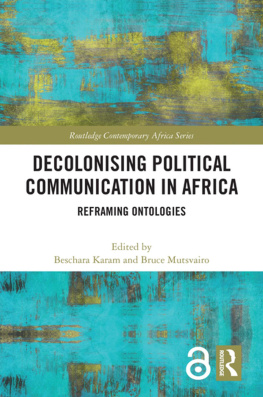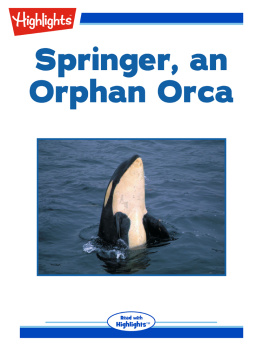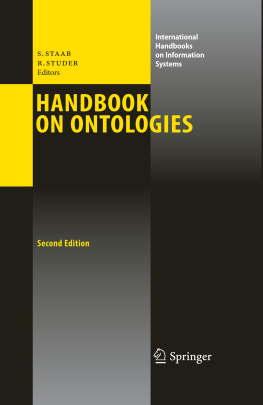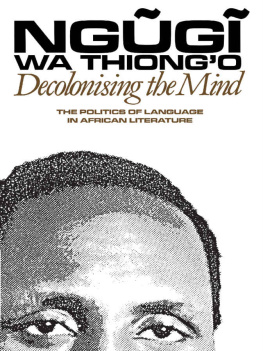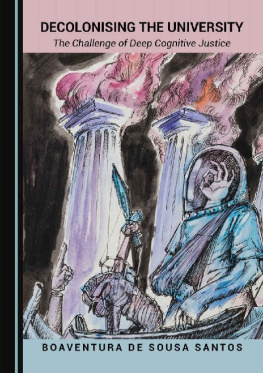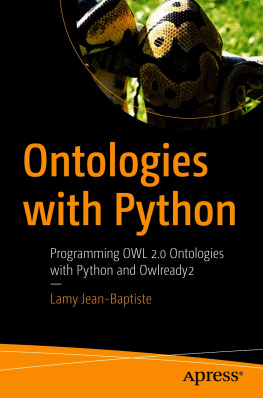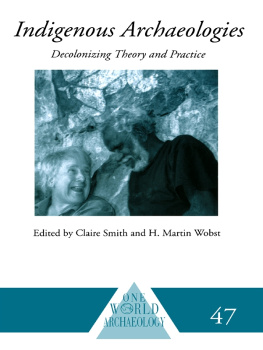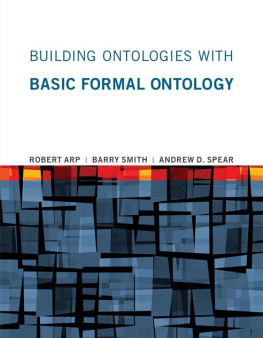Decolonising Political Communication in Africa
This book uses decolonisation as a lens to interrogate political communication styles, performance, and practice in Africa and the diaspora.
The book interrogates the theory and practice of political communication, using decolonial research methods to begin a process of self-reflexivity and the creation of a new approach to knowledge production about African political communication. In doing so, it explores political communication approaches that might until recently have been considered subversive or dissident: forms of political communication that served to challenge imposed Western norms and to empower African citizens and their histories. Centring African scholarship, the book draws on case studies from across the continent, including Zimbabwe, South Africa, Nigeria, and Ghana.
This book will be of interest to students and scholars of politics, media, and communication in Africa.
Beschara Karam is a Professor of Media Studies at the University of South Africa.
Bruce Mutsvairo is a Professor of Journalism at Auburn University, USA.
Routledge Contemporary Africa Series
The East African Community
Intraregional Integration and Relations with the EU
Edited by Jean-Marc Trouille, Helen Trouille and Penine Uwimbabazi
Regionalism, Security and Development in Africa
Edited by Ernest Aniche, Ikenna Alumona and Inocent Moyo
The Fourth Industrial Revolution and the Recolonisation of Africa
The Coloniality of Data
Everisto Benyera
Mobility in Contemporary Zimbabwean Literature in English
Crossing Borders, Transcending Boundaries
Magdalena Pfalzgraf
Advancing Sexual and Reproductive Health and Rights in Africa
Constraints and Opportunities
Edited by Ebenezer Durojaye, Gladys Mirugi-Mukundi and Charles Ngwena
Africa in a Multilateral World
Afropolitan Dilemmas
Edited by Albert Kasanda and Marek Hrubec
Decolonising Political Communication in Africa
Reframing Ontologies
Edited by Beschara Karam and Bruce Mutsvairo
For more information about this series, please visit: https://www.routledge.com/Routledge-Contemporary-Africa/book-series/RCAFR
First published 2022
by Routledge
2 Park Square, Milton Park, Abingdon, Oxon OX14 4RN
and by Routledge
605 Third Avenue, New York, NY 10158
Routledge is an imprint of the Taylor & Francis Group, an informa business
2022 selection and editorial matter, Beschara Karam and Bruce Mutsvairo; individual chapters, the contributors
The right of Beschara Karam and Bruce Mutsvairo to be identified as the authors of the editorial material, and of the authors for their individual chapters, has been asserted in accordance with sections 77 and 78 of the Copyright, Designs and Patents Act 1988.
The Open Access version of this book, available at www.taylorfrancis.com, has been made available under a Creative Commons Attribution-Non Commercial-No Derivatives 4.0 license.
Trademark notice: Product or corporate names may be trademarks or registered trademarks, and are used only for identification and explanation without intent to infringe.
British Library Cataloguing-in-Publication Data
A catalogue record for this book is available from the British Library
Library of Congress Cataloging-in-Publication Data
A catalog record has been requested for this book
ISBN: 978-0-367-54430-0 (hbk)
ISBN: 978-0-367-63031-7 (pbk)
ISBN: 978-1-003-11196-2 (ebk)
DOI: 10.4324/9781003111962
Typeset in Times New Roman
by codeMantra
This book is dedicated to my beloved husband, MKH; and my darling parents, MM and DD. (Beschara Karam)
Beschara Karam and Bruce Mutsvairo
DOI: 10.4324/9781003111962-1
The central aim of this book is to decolonise political communication. However, considering the complexities of the sub-field, as well as the fact that it is a theory-praxis, it is almost a near impossible claim. With regard to the complexities of political communication, we refer to how the sub-discipline (which falls within the more established field of Communication Studies) is made up of several, often dissenting, fields, such as Organisational Communication (consider, for instance, branding, institutional communication, advertising, and public relations, to mention but a few), International Communication, Government Communication, Media Studies, and Politics. With regard to the theory-praxis, it deals not only with theories such as agenda-setting, social semiotics, and framing but also with practical skills such as how to write a press statement, or media report and the skills involved in being a spokesperson or speechwriter. All of which are taught within the triad of the media, politics, and citizenry that make up political communication; and all of which function in democratic societies. These societies privilege the west and Europe as the centre of this democracy, which in turn has capitalism as its foundation, all of which need to be unpacked and critiqued. This is a monumental undertaking for only one book, most especially because this collaborative volume is the very first scholarly work to embark on such a responsibility. Instead, we would like to present this work as a form of problematising the sub-field of political communication, and, as a form of consciousness raising, about the need to decolonise this inter-disciplinary theory-praxis. Both terms are borrowed from Paulo Freire (1970), who was a ground-breaking scholar in the Latin American liberation movement. Both of his terms are understood to incorporate: self-reflexivity, theory, and action. All of which could contribute toward liberation from oppression, social change, and social justice. For Freire (1970), critical consciousness or conscientization (conscientizao) is the noting/uncovering of social and political contradictions and acting against oppression. But not only theoretically, but also with regard to praxis, a praxis that transforms the world into something liberatory and fights oppression with regard to problematising, it is the means by which critical engagement and dialogue attempt to destabilise the power relations that relate to class, gender, identity, and race (Freire 1970). This book begins the process of dialogue and self-reflexivity by interrogating the theory-practice of political communication, thereby beginning the process of creating new knowledge production about political communication in Africa. The contributing authors have done this either by using a decolonial lens, or by using decolonial research methods. We like the seminal authors Walter Mignolo (1995, 2000), Ramn Grosfoguel (2007, 2011), Enrique Dussel (1977), Anbal Quijano (1991, 2000), and Nelson Maldonado-Torres (2007) realise that such a decolonisation of political communication and the resultant knowledge creation need to consider the epistemic insights of authors from Africa, in the field of political communication. In other words, African authors and scholars thinking with, and from, subalternalized racial/ethnic/sexual spaces and bodies (Grosfoguel 2011:2; cf. Grosfoguel 2007). Or, put another way, it should be an example of what Archie Mafeje (2000) has called endogeneity that is, African representation/scholarship that affirms African socio-economic context, positionalities, experience/s, African subjectivities and insights, and knowledge from Africa; and, in doing so, centres Africa, removing it from the margins. This edited edition is also what Grosfoguel refers to as epistemic disobedience in that, instead of supporting the current status quo in political communication, it serves to challenge, disrupt, destabilise, and interrogate this status quo, which, without doubt, is racialised, hierarchical, classist, capitalist, heteropatriarchal, gentrified, imperialist, and westernised. As such, it also serves to work as an agent of change by questioning post-colonialism, or, as Ndlovu-Gatsheni has argued, the myth of post-colonialism (2013). In other words, it cannot be post-colonial if the colonial matrix still exists and continues to entangle us (Ndlovu-Gatsheni 2013).

